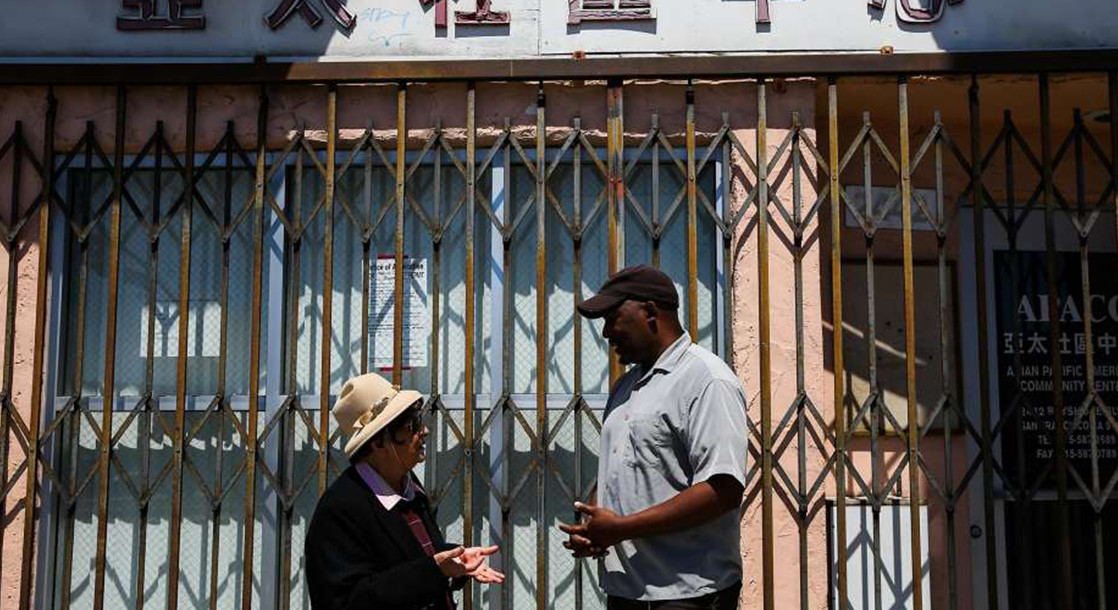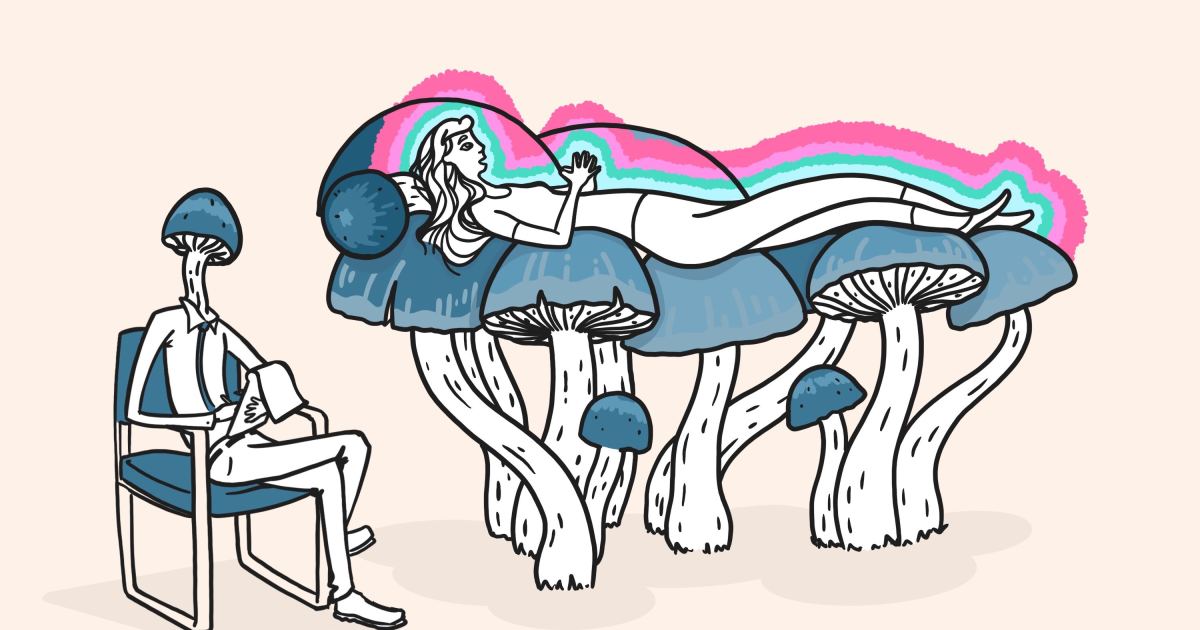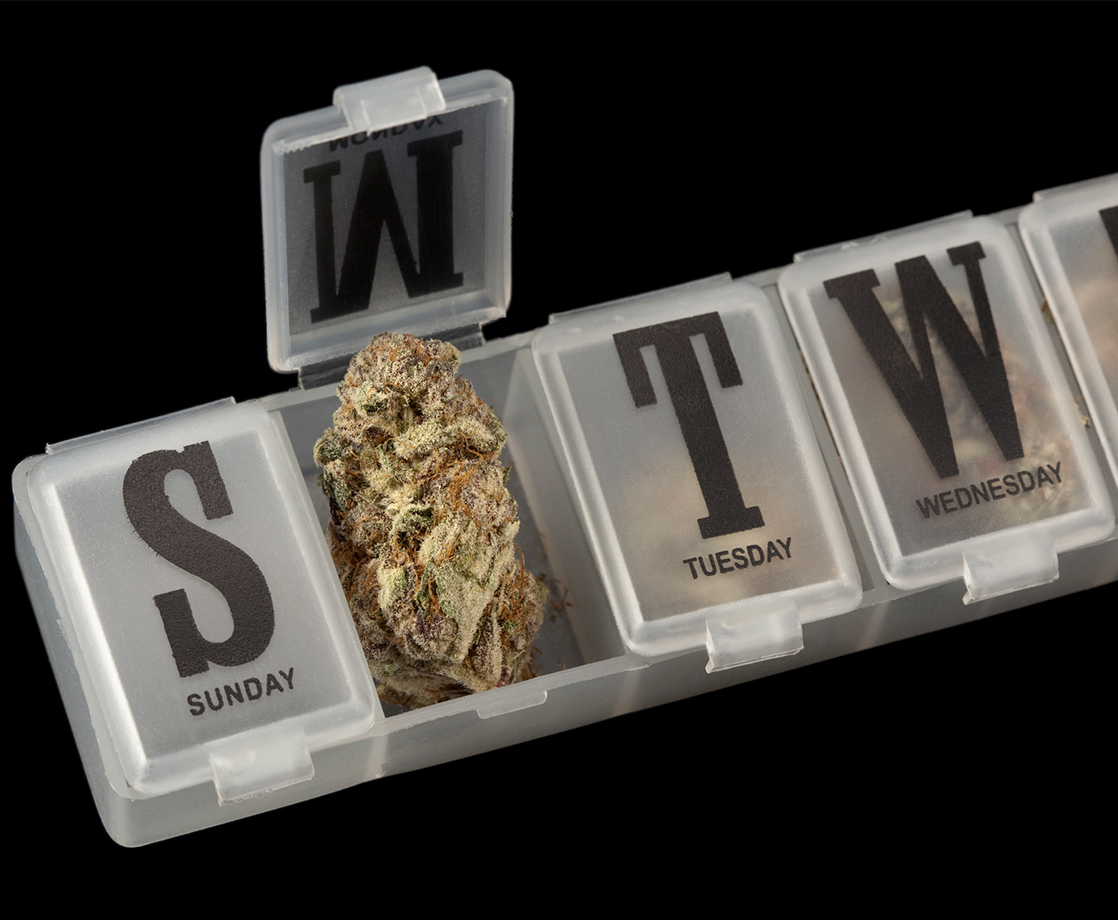Known as one the most socially progressive, tech-savvy, and pot-friendly places in the United States, San Francisco has been a hotbed for gentrification for over a decade. With the cannabis industry swiftly taking root across the Bay Area, some low-income communities are worried that their neighborhoods will be overrun with dispensaries and other marijuana businesses.
This concern has become a reality for the residents of Visitacion Valley, a working-class community in San Francisco that is largely comprised of immigrants. The city is currently trying to determine how recreational legalization will be regulated by September 1, and many entrepreneurs in the cannabis industry are racing to open medical dispensaries in order to get first dibs at the retail market.
The so-called “green rush” has already hit Leland Avenue, a small commercial street in Viz Valley. Soon, there may be two medical marijuana shops on the block. One of the two dispensaries was approved by the Planning Commission back in January, while the fate of the second will be decided this week. If approved, the two cannabis shops will be just 259 feet away from one another.
A significant number of community members have come out in opposition to the two cannabis businesses, claiming that they will take up prime real estate in the neighborhood’s retail district and will negatively impact several youth-focused organizations based nearby. Neighborhood activist Marlene Tran recently spoke to the San Francisco Chronicle about the mounting opposition to these dispensaries.
“We have a lot of needs in this community — maybe a clothing store, a bookstore, stores for children, sporting goods. Things that we can all patronize. Having a mini-mall (medical cannabis dispensary) at the entrance to our commercial district will not benefit most people,” she said.
Some cannabis advocates think Visitacion Valley should embrace the imminent industry, suggesting that the two dispensaries will provide employment to locals and create more income for other businesses in the area. Additionally, residents in need of medical cannabis will have more choices and better prices if two dispensaries are allowed to open up shop.
Currently, San Francisco has 36 dispensaries operating across the city, but this number is set to skyrocket as recreational legalization takes effect. The commission is in the midst of processing 25 more applications, and many others are exploring possible sites to open up medical pot shops.
All in all, the Bay Area "green rush" seems like it could have both positive and negative effects on low-income communities. However, when local residents come out and strongly oppose the potential influx of cannabis shops in their neighborhoods, it’s important to address their worries and figure out a solution that allows everyone to prosper.











